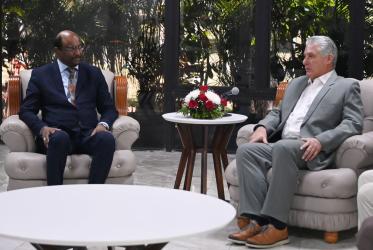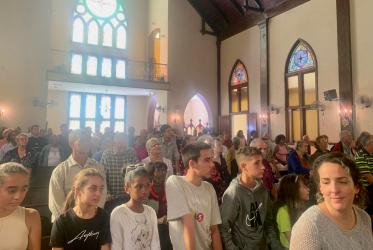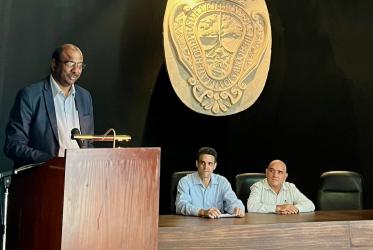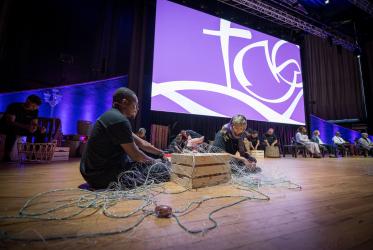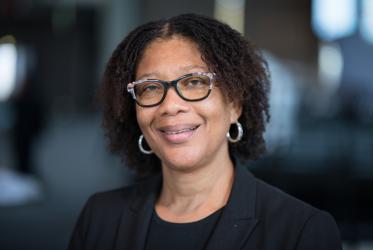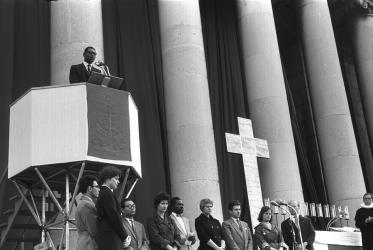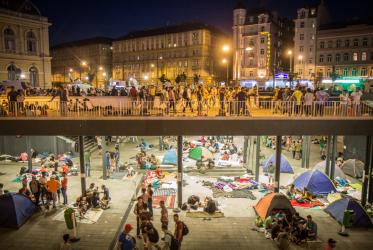Displaying 1 - 20 of 26
11 April 2024
WCC general secretary met with Cuban president
21 December 2023
Diakonia: “a tool to reach abundance of life”
24 July 2018
Theologian explores emerging model of empowerment and diakonia
17 December 2015
Un teólogo estudia un nuevo modelo de empoderamiento y diaconía
17 December 2015

